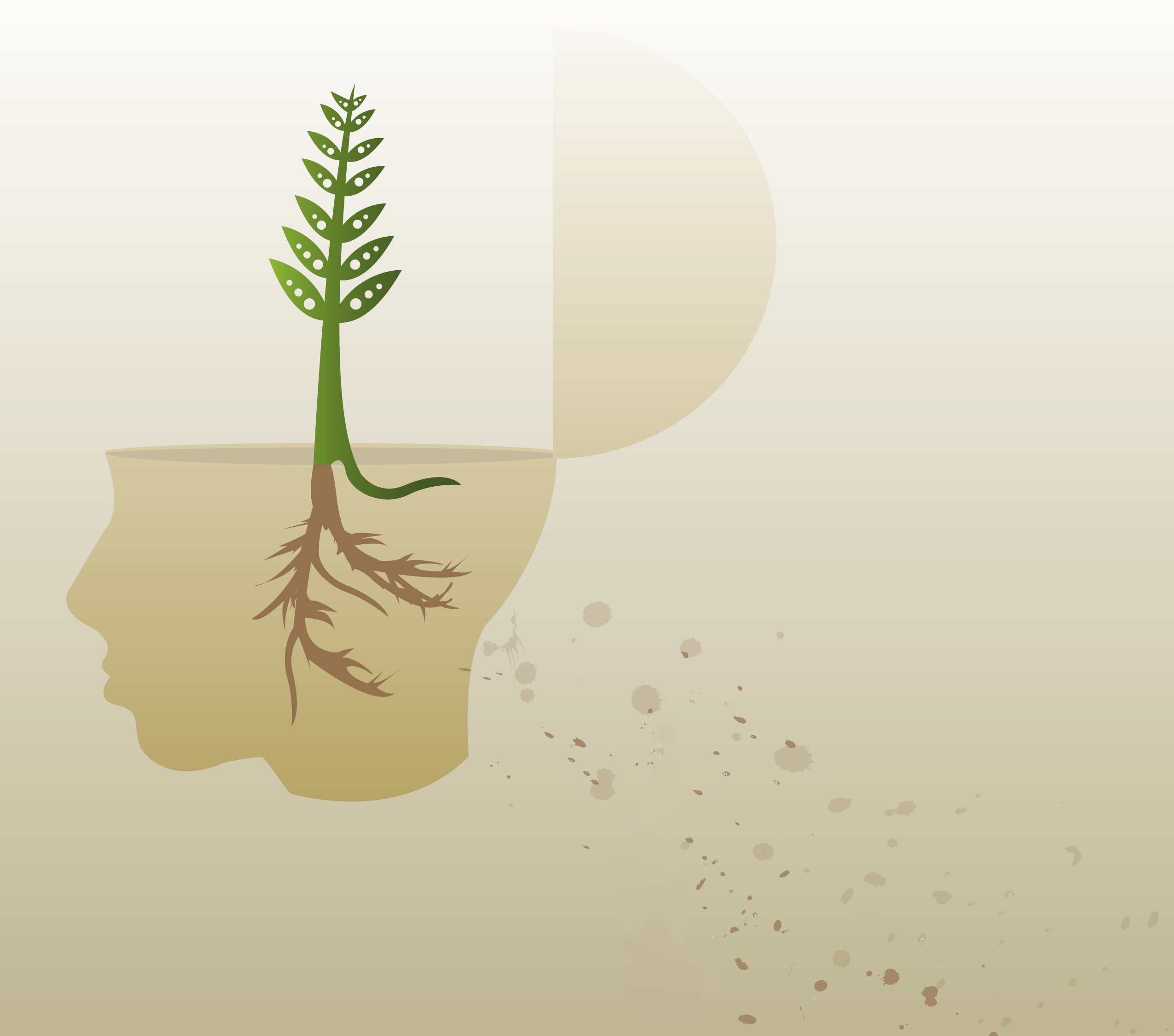
MONDAY, Jan. 7 (HealthDay News) — Women going through menopause sometimes feel they are off their mental game, forgetting phone numbers and passwords, or struggling to find a particular word. It can be frustrating, disconcerting and worrisome, but a small new study helps to explain the struggle.
Researchers found that women in the first year after menopause perform slightly worse on certain mental tests than do those who are approaching their post-reproductive years.
“This study shows, as have others, that there are cognitive [mental] declines that are real, statistically significant and clinically significant,” said study author Miriam Weber, an assistant professor in the department of neurology at the University of Rochester in Rochester, N.Y. “These are subtle declines in performance, so women aren’t becoming globally impaired and unable to function. But you notice it on a daily basis.”
The study is published in the current issue of the journal Menopause.
According to the researchers, the process of learning, retaining and applying new information is associated with regions of the brain that are rich in estrogen receptors. The natural fluctuation of the hormone estrogen during menopause seems to be linked to problems associated with thinking and memory, Weber said.
“We found the problem is not related to absolute hormone levels,” Weber explained. “Estrogen declines in the transition, but before it falls, there are dramatic fluctuations.”
Weber explained that it is the variation in estrogen level that most likely plays a critical role in creating the memory problems many women experience.
As the body readjusts to the changes in hormonal levels sometime after a woman’s period stops, the researchers suspect mental challenges diminish.
While Weber said it is important that women understand that memory issues associated with menopause are most likely normal and temporary, the study did not include women whose periods had stopped for longer than one year. Weber added that she plans to pinpoint more precisely how long-term memory and thinking problems persist in a future study.
Other research has offered conflicting conclusions about the mental changes associated with menopause, the study authors wrote.
The Chicago site of the Study of Women’s Health Across the Nation (SWAN) initially found no relation between what stage of menopause women were in and how they performed on tests of working memory or perceptual speed. However, a different SWAN study identified deficits in memory and processing speed in the late menopausal stage.
Studies of menopause typically define distinct stages of menopause, although researchers may differ in where they draw the line between those transitions. The researchers involved with this study said that the variation in findings between studies may be due to different ways of staging menopause.
This study grouped 117 women into stages: late reproductive (when women first begin to notice subtle changes in their menstrual periods); early and late menopausal transition (when women see the time span between periods shorten or lengthen); and early post-menopause (the first year after which a woman no longer has a menstrual period).
The study participants were predominantly white; the majority had two or more years of college. They took a variety of tests to measure their mental skills and reported on their menopause-associated symptoms, such as hot flashes, sleep issues, depression and anxiety. The women also had blood samples taken to assess the levels of both estrogen and follicle-stimulating hormone (signs of reproductive activity that decline around menopause). The results were analyzed to see if there were differences in mental acuity and symptoms between the women in different stages of menopause.
The researchers found that women in the first year after menopause performed worse on measures of verbal learning and memory and fine-motor skills, compared to women in the late reproductive and late transition stages. They also discovered that symptoms such as difficulty sleeping, depression and anxiety were not associated with memory problems or changes in hormone levels in the blood.
“This shows that cognitive decline in the first year after menopause is not caused by sleep disruption or depression,” Weber explained.
Weber offered some advice for women who experience memory or thinking problems around menopause:
- Avoid multi-tasking, and try to focus on one thing at a time.
- Make lists to jog your memory.
- Do your most challenging work during the time of day when you feel the most alert.
- Get plenty of exercise and eat well.
- Deal effectively with stress.
Some experts are concerned that research like this study, while well-designed, may make menopause seem abnormal.
“There are people who portray menopause as a deficiency state, but the position of our society is that this is a natural stage of life,” said Dr. Margery Gass, executive director of the North American Menopause Society, in Cleveland.
“When we think about the stages of a woman’s life, there is a lot of pathology associated with the reproductive years, such as cramps, endometriosis, menstrual migraines and ectopic pregnancy,” Gass explained. “So, menopause shouldn’t be particularly seen as a time of problems.”
While this study found an association between menopause and memory lapses, it did not prove a cause-and-effect link.
More information
Learn more about menopause at the U.S. National Library of Medicine.

